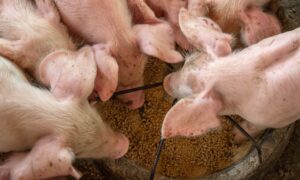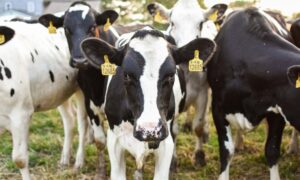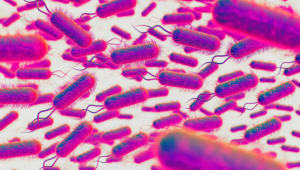The use of antibiotics as growth promoters in pigs is highly questionable due to the current public health issue of bacterial resistance. Probiotics emerge as an alternative to restore the balance of the digestive microenvironment and reduce populations of antibiotic-resistant bacteria.
Objective:
To evaluate the intestinal microbiome of pigs receiving a diet supplemented with antibiotics and compare it with pigs receiving microencapsulated probiotics (Fortcell Feed, Bialtec) in pre-fattening.
Methodology:
Fecal samples were collected from 42 pigs: 21 with a diet supplemented with antibiotics (group A) and 21 with probiotics (group F). Metagenomic analyses were conducted using NGS techniques.
Results:
The composition of the intestinal microbiome was characterized. Bacterial microorganisms were the most abundant (64.32%), followed by protists (22.7%), viruses (12.62%), and fungi (0.3%). A higher abundance was observed in pre-fattening pigs compared to lactating pigs used as controls (94.23% vs. 5.77%). 138 bacterial genera were identified, with Prevotella spp being the most abundant, followed by Lactobacillus spp. Pathogenic bacteria such as Salmonella enterica subspecies enterica serovar Typhimurium and Lawsonia intracellularis were found in group A. The most abundant protist was Neobalamtidium coli, and the most frequent virus was porcine adenovirus. In group A, all fungi found were of the Diutina spp genus, while in group F, the presence of the same fungus was identified in 86.27% and Trichosporon spp in 13.13%.







